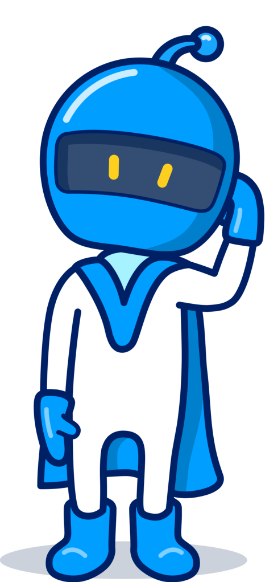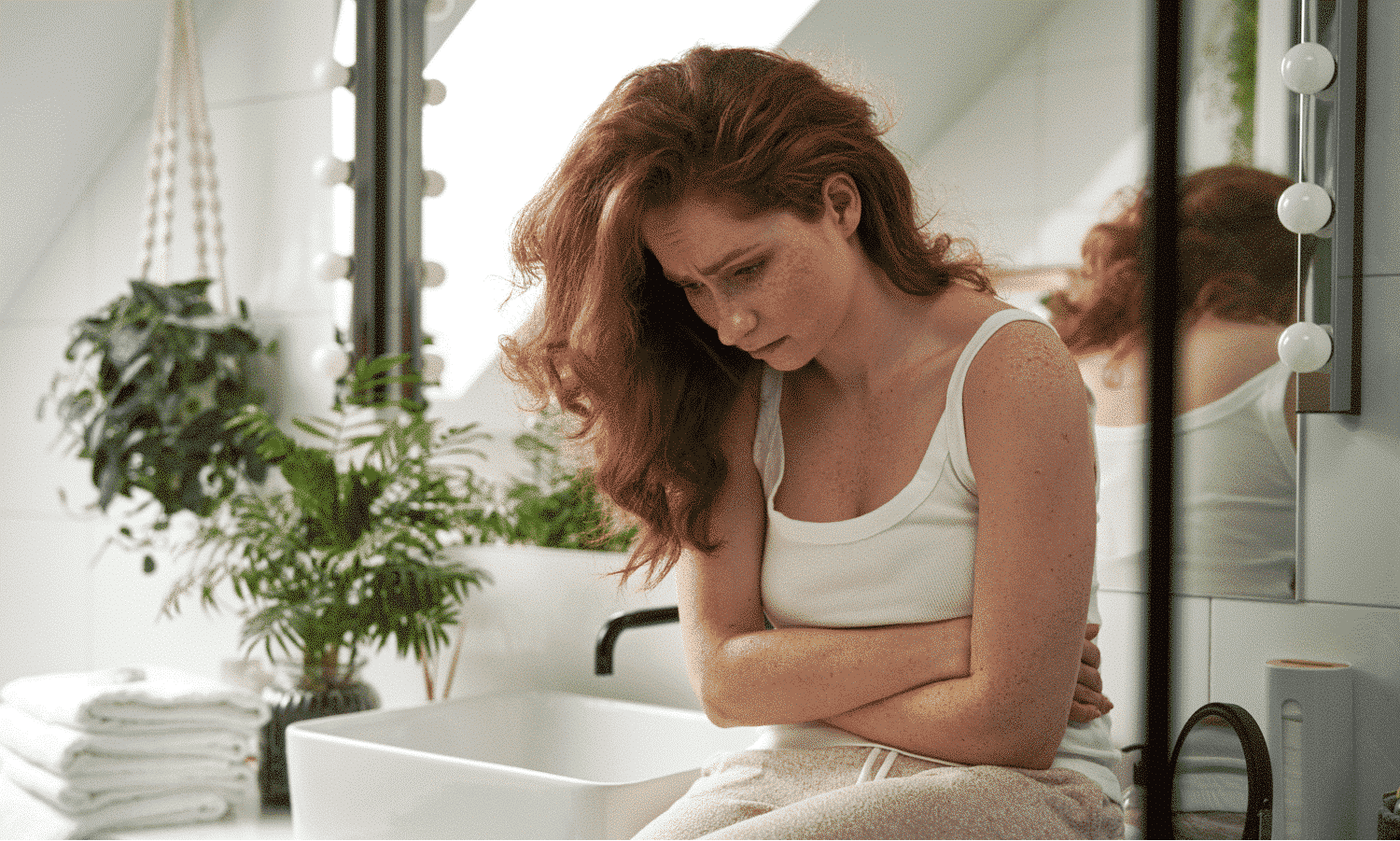When living with a chronic condition, there’s so much power in feeling seen and understood.
That’s why, on Living Well, we want to provide people living with chronic conditions with a platform to share their stories and experiences.
Their stories are here to show that no matter how tricky things get, you’re not alone. There are people out there going through the same thing you are, dealing with their daily ups and downs.
In this interview, we chatted with Marta, who was diagnosed with Crohn’s disease as a child. She shared her diagnosis story with us and told us how she managed to accept her Crohn’s as part of who she is. Keep on reading to discover how Marta lives well while living with Crohn’s.
*Please note that this article reflects the individual experience of the interviewee. This should not be taken as medical advice.
Hi, Marta. Thank you for joining us on Living Well. Could you tell us a bit about when you were diagnosed with Crohn’s disease? What symptoms were you dealing with leading up to your diagnosis?
You’re welcome. So, I was diagnosed with Crohn’s disease at the age of ten. My mum knew from the age of seven that something was wrong because I would eat and eat but keep getting slimmer. She took me to the hospital, and we were told I had a fast metabolism.
When I was diagnosed, she rushed me to the doctor because I was trying to go to the toilet and was just screaming in pain. When my mum took me to the doctor, I was told I had fissures.
My mum disagreed with the diagnosis and asked to see a different doctor. The second doctor took one look at my bum and said I had an abscess. It was then that I was diagnosed with Crohn’s disease. The doctor told my mum to take me to the emergency room, and I spent the next month or so in the hospital.
Do you remember how you felt after your Crohn’s diagnosis?
All I can remember is that I didn’t fully understand what was going on.
I tried to ignore my diagnosis and act like it wasn’t happening because I just wanted to be like everyone else.
What does a day in your life look like? How do you manage your condition?
I wake up in the morning and take medication in the form of tablets. This medication helps slow down the output of my stomach and must be taken at least 20 minutes before eating.
Then, I take a shower and change my colostomy bag, get dressed, and have some breakfast. And then I leave for work.
When I arrive home from work, I eat again before I get ready for bed. I chill out for a few hours.
I take regular oral medication in the morning and at night, as well as injections.
How does living with Crohn’s impact your mental health? Are there any self-care methods you practice to look after your mind?
Over the years, I’ve suffered with my mental health. I’ve experienced both depression and anxiety.
However, when I feel that it’s getting too much and I’m overwhelmed, I take time out and switch off.
For me, that means no messages and no social media.
I take time to look after myself and do things like face masks, write in my journal, and meditate.
These things make me feel better because they allow me to take time to reset myself and get my head back in the game.
Unfortunately, there’s a lot of stigma and misunderstanding surrounding Crohn’s disease. How do you deal with this?
I just continue to be very open about it.
I feel that it’s important to show people there is no shame in speaking out about Crohn’s disease.
Living with a chronic condition is natural, and it’s a part of many people’s lives.
People need to have a better understanding of what Crohn’s disease is and what it’s like to live with it. The best way to achieve this is by telling our stories.
Do you feel as though you’ve managed to reach a place of acceptance when it comes to your Crohn’s? If so, how did you achieve this?
Absolutely.
I’ve learned to love myself.
My Crohn’s is a part of me; it does not define who I am. It’s like an accessory, a little something extra added.
I achieved this by taking the time to understand my condition and how it can affect me on a daily basis. Being aware of my Crohn’s and its symptoms helps me to deal with it in the best way I can.
Everyone living with a chronic condition will face good days and bad days. How do you look after yourself on days when you’re struggling?
I speak to my friends and family. I remind myself to go easy on myself. And I pray.
Finally, is there anything you’d like to share with our readers about what it’s like to live with a condition like Crohn’s disease?
It’s not going to be easy; it’s a rollercoaster.
But there’s a whole community out there, and you’re not alone.
Reach out, and don’t be afraid to ask for help or advice.
If you’re living with Crohn’s disease, be sure to explore our other Living Well articles. We’ve got tips on how to look after your mental health when living with Crohn’s, as well as an interview with a health coach. Discover more right here.







